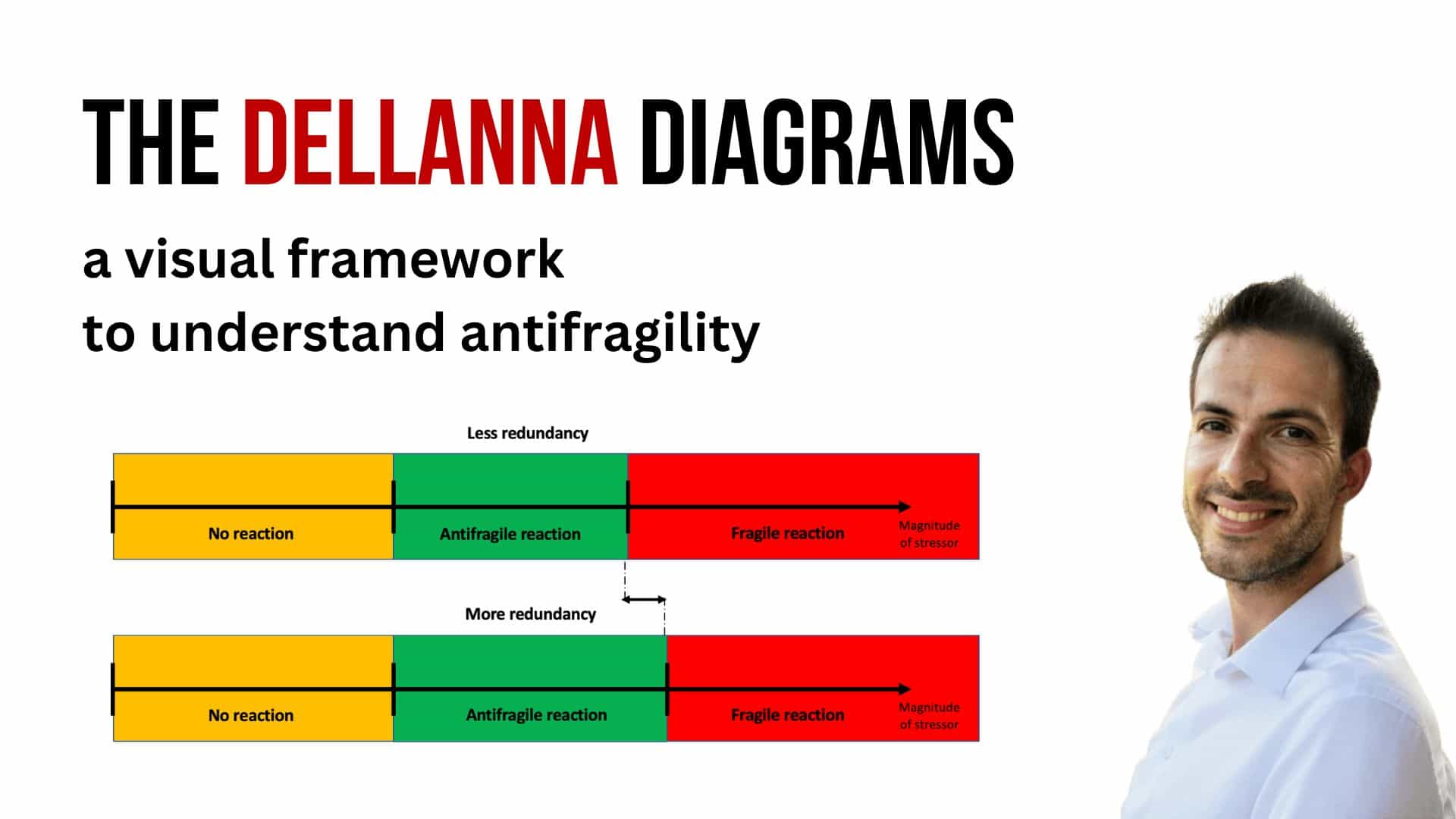Growth obtained through short-term tactics eventually plateaus. It’s a dead end.
Last week, Brian Lui ran a poll with the following question:
An evil financier offers you this Faustian bargain: for each can of regular Coke you drink, he will give you $1, increasing by $1 for each Coke thereafter (so $1, $2, $3…).
However, if you don’t drink a can in any 24-hour period, the payments stop forever.
Do you take this deal?
18% of respondents picked “no.”
At first look, refusing the bet seems irrational. After all, there’s no downside. Accept the bet, and if you drink a few Cokes, great!, you make some quick money; and if you don’t, you’re not worse off than if you refused the bet.
However, there are at least two good reasons why “no” might be a rational answer.
The first reason
First of all, this is a question to which there’s no absolutely right or wrong answer.
Depending on your individual situation, “yes” or “no” can both be right. So, what are two possibilities why “no” can be a rational answer?
The first one is the instinct we developed to doubt any suspicious offer from evil people, especially offers that look like pure downside for them. What motive could they have? What do they know that we don’t know? Do they know something about Coke we don’t know yet? Did we miss anything in the bet?
Especially for people who don’t have access to great cognitive abilities or great lawyers, it makes sense to refuse doubtful deals, even if they leave money on the table. Even if this deal truly had no downside, false positives are an acceptable cost of the protective strategy to refuse deals you’re not fully certain you understand.
Of course, for you, an educated reader who can navigate the law system in case the deal goes wrong, it might not make sense to refuse it. But there’s a good at least 20% of the population for which this heuristic is beneficial, even though it means frequently leaving money on the table.
So, this was the first reason. Now, the second one.
The second reason
The second reason “no” could be a rational answer is to think in terms of opportunity costs.
When you first accept the deal, your cost of opportunity of not drinking a Coke is $1. No big deal. You can choose not to drink it.
But after a few weeks, the cost of opportunity will be $1000.
Will you truly not drink your Coke? Will you not drink another one immediately after that?
Will you not get obese when the cost of opportunity of staying healthy is $ millions?
Refusing the bet might be rational if you care about your health and have low self-control.
Then again, for many people, the right answer will be “yes.” The above was just the argument for why, for other people, the right answer might be “no.”










